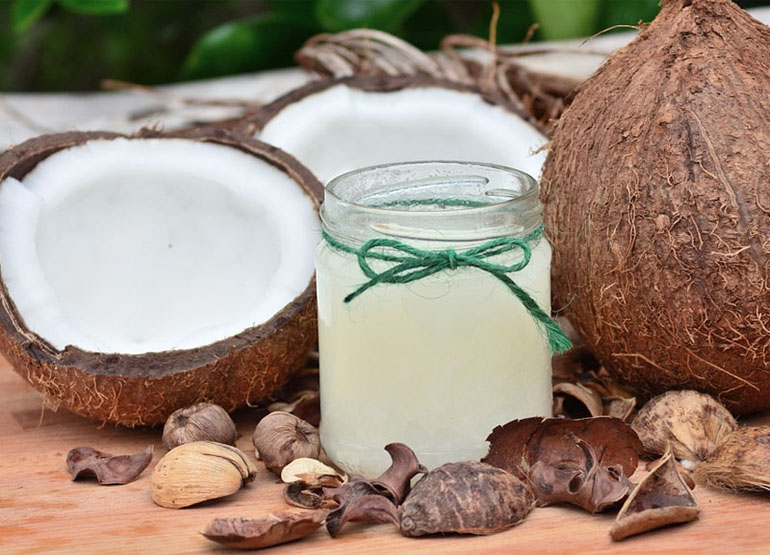Health Pages
Low Fat Diet
Low Fat Diet
Changing what you eat and method of food preparation can reduce significantly your blood cholesterol level. If the cholesterol level does not come down after a few months, your physician may recommend a much stricter diet. If, despite your honest efforts, you must take medication, your good eating habits may let you reduce the quantity.
Studies have shown that a healthy diet can have a significant effect on your ability to fight off cardiovascular disease. It’s also very important to exercise and minimize stress, but making healthy food choices and reducing fat in your diet is good place to start. If you haven’t been eating a healthy and nutritious diet that helps you keep your blood cholesterol low and maintain a normal blood pressure, you can start today with these simple, but effective tips.
Some fat in the diet is necessary for the good health. Fat is a major source of energy and essential fatty acids (fatty acids that cannot be produced by the body). Each teaspoon of fat = 4 grams of fat (36 Calories).
Meat and Meatless Alternatives - Meat supplies protein and iron but you only need small amounts for your daily protein requirement. By cutting down on the amount eaten daily, you avoid the major source of saturated fat and cholesterol. Also check Cooking Methods for Meat and Meatless Alternatives.
Milk Products in Low Fat Diet - Whole milk dairy products are high in fat and cholesterol. We encourage the use of low fat dairy products which are low in fat and cholesterol but provide a good source of protein, calcium, and vitamin D.
Fruits and Vegetables in Low Fat Diet - These foods provide fibre, vitamin C and vitamin A. Fruits provide sugar and energy. Vegetables add variety and are low in calories. Chose raw fruits and vegetables more frequently than juices as these contain more fibre. Use fresh or frozen vegetables.
Breads and Cereals in Low Fat Diet - Foods from this group are low in fat and cholesterol. Whole grain breads and cereals (Oat bran, wheat bran) increase the fibre content of your diet and provide a good source of energy. Avoid baked goods, crackers, and cookies that are high in fat, sugar, and salt. (Many commercially baked goods are high in fat).
Fats & Oils in Low Fat Diet - Poly and monounsaturated fats help you to lower your blood cholesterol levels. Even though you are using allowed fats, limit your intake because too much can cause weight gain. One serving of fat contains 45 calories.
Sugar and Sweets in Low fat Diet - These foods are low in fat but high in calories/kilojules. If you have elevated triglyceride levels or elevated blood sugar, these foods should not be consumed unless approved by your physician or dietitian. Some natural sugar substitutes and sweeteners are an acceptable alternative but should be used in moderation.
Alcohol in Low Fat Diet - Alcohol is high in calories. Decreasing your alcohol intake can promote weigh loss. Alcohol increases triglycerides; therefore, you should reduce or eliminate it from your diet.
Low Fat Diet Recipe Substitutions - Changing what you eat and method of food preparation can reduce significantly your blood cholesterol level. Use our list for equivalent substitute.



